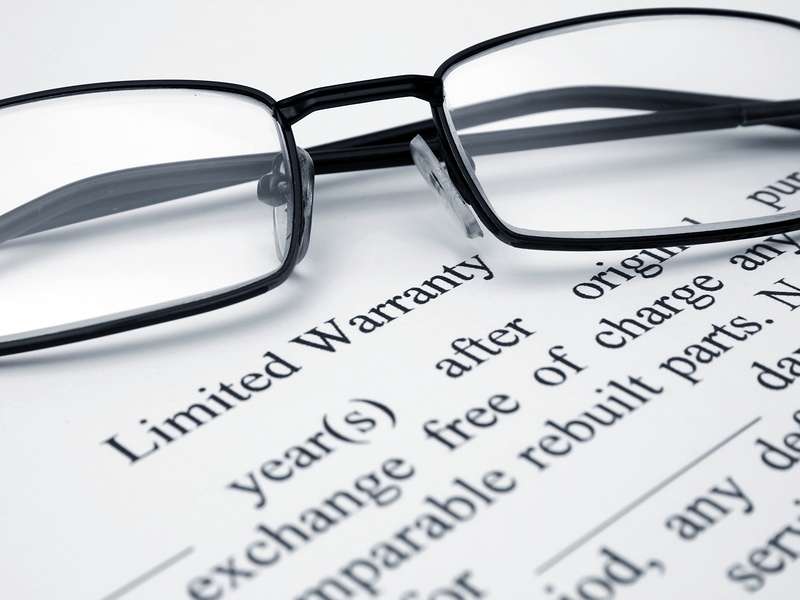Recent Articles
Popular Makes
Body Types
9 Easy Things You Can Do to Increase Your Car's Life
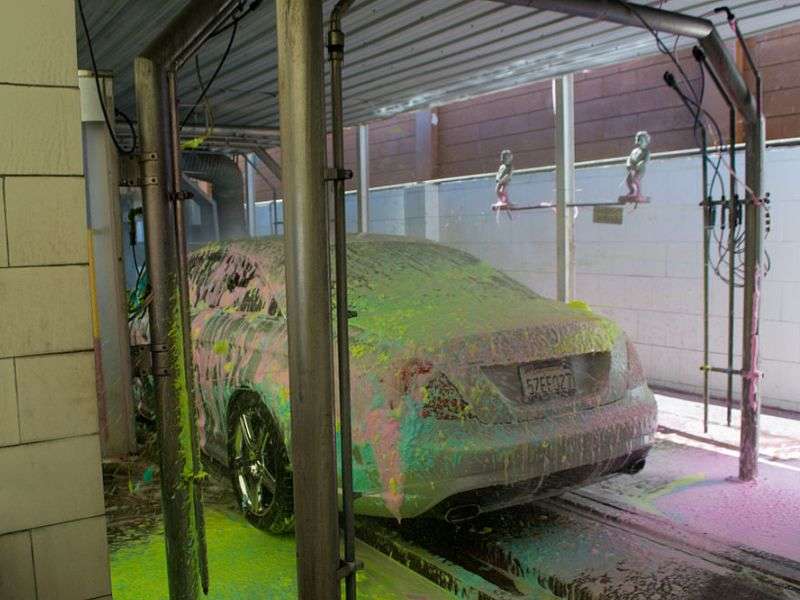
Car dealers are enjoying robust sales in 2014, riding a half-decade wave of rebounding business as Americans recover from the worst economic downturn since the Great Depression. Yet, the average age of a vehicle on U.S. roads continues to increase, and today’s car buyers are extending loan terms beyond 72 months in record numbers.
Evidence also shows that people are keeping their cars longer than ever, and with loans up to 84 months long becoming a “new normal,” millions of people won’t have any choice but to drive whatever they’re buying today for most of the decade ahead. Taken together, the aging vehicle population and extended new-car loan terms mean it is more important than ever to take the best possible care of your vehicle in order to increase your car’s life.
1. Service your car by the book
Pop open your glove box, and chances are you’ll find a little book in there called an owner’s manual. Take a look at it. It will tell you exactly what the people who designed, engineered, and built your vehicle recommend as far as making it last for as long as possible. Then, follow the advice. And if you can’t afford to follow the advice, perhaps you spent too much on the car.

2. Check and change the oil
What would happen to you if your blood leaked out? The same thing happens to your car if you don’t maintain proper oil levels. Oil is the lubricant that keeps all of the mechanical parts inside of your engine working smoothly, and when it gets low, added friction contributes to a car’s early demise.
Beyond that, and unlike the blood flowing through most people, your car’s oil needs to be changed on a regular basis, and the interval is dependent on how you typically drive your car. Look inside your owner’s manual. It will tell you how often you need to change the oil.
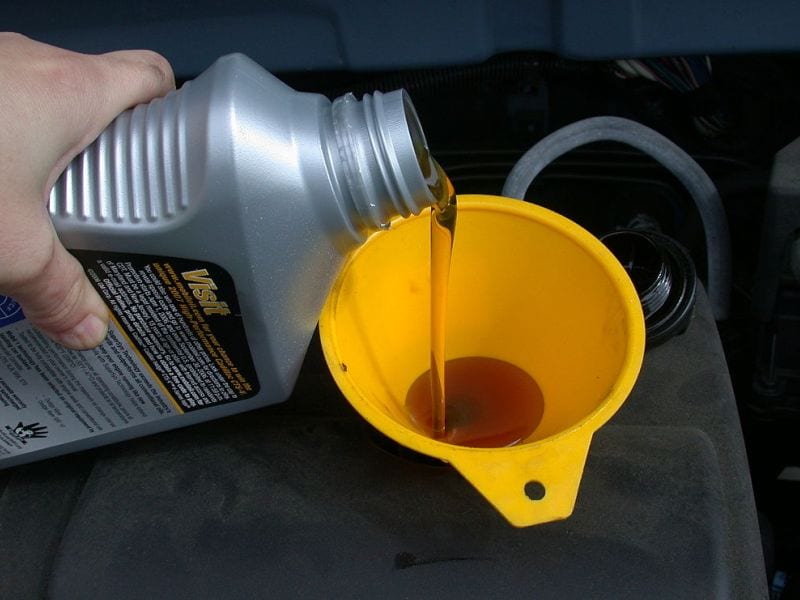
4. Keep tires inflated, and rotate them regularly
Tires play an important role in keeping you and your passengers safe, and in maximizing your fuel economy. Therefore, it is critical to take good care of them, and to replace them when necessary.
All tires leak air, and that means you need to regularly check your tire pressure, especially if your car doesn’t have a tire pressure monitoring system that automatically does it for you. If you need to add air to a tire, do it when the tire is cold, and not after you’ve heated it up by driving on it for a significant distance.
Rotating the tires helps to extend the life of your tires. That doesn’t mean you should spin them. You need to move them from the front to the back, or from side to side, depending on the vehicle that you own.
Also, if you feel the car pulling to one side or another when you’re trying to drive straight down the road, you’ll need to fix your alignment before abnormal and excessive wear forces you to buy new tires.
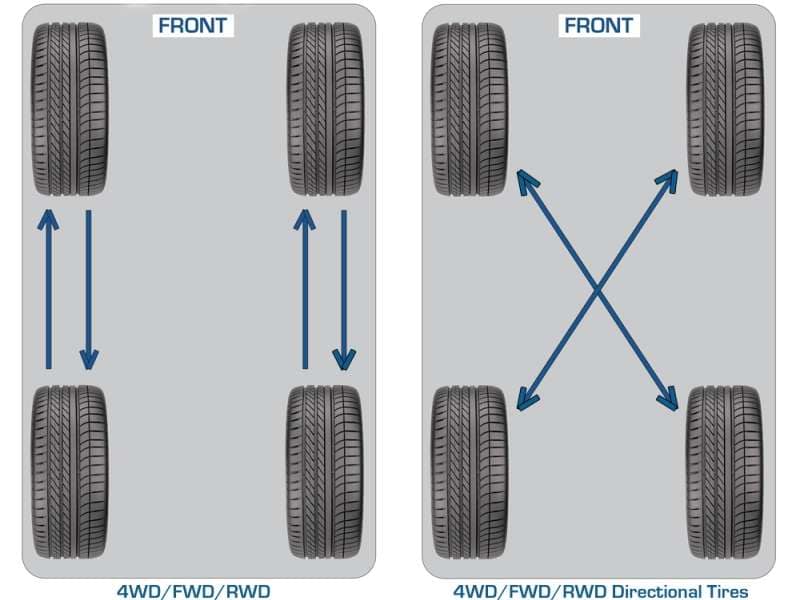
5. Fix the little problems, before they turn into big problems
Fixing a car’s alignment is an example of taking care of a little problem before it turns into a big problem. If a car owner ignores an alignment problem for long, he or she ultimately adds hundreds of dollars to the repair bill once the problem can no longer be ignored. This same logic can be applied to numerous little problems that will, ultimately, require attention and money.
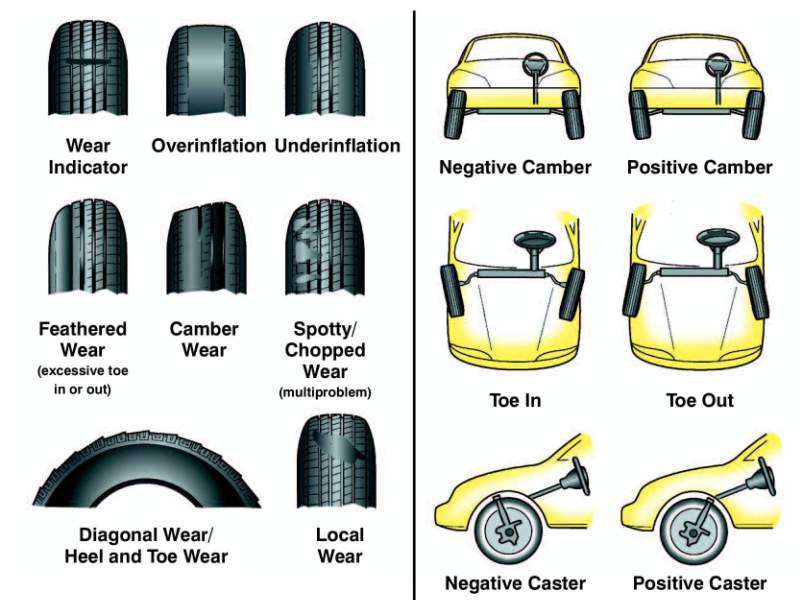
6. Clean and care for the car
If you wash your car and clean the interior on a regular basis, the finish and materials will last longer, and you’ll be happier with your vehicle for a longer period of time. Also, if you can, park in a garage or in a covered parking area to keep the car out of the sun, rain, snow, and, in coastal areas, sea spray.
While you’re at it, clean out the trunk. The more weight you’re lugging around, the more gasoline your car will consume.
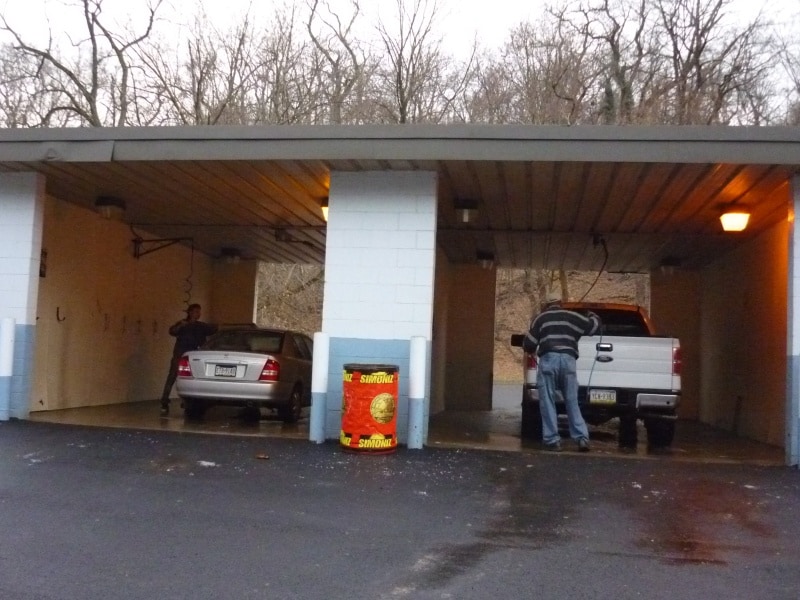
7. Run errands at one time
Cars operate at their best when the engine is warmed up. That’s why making lots of short trips will add extra, and unnecessary, wear-and-tear on your vehicle. If you can, try to run all of your errands at one time in order to avoid frequent trips on a cold engine.

8. Don’t drive aggressively
People who accelerate quickly, stop at the last minute, take corners with squealing tires, and generally drive in an aggressive fashion cause greater wear-and-tear on their vehicles, ultimately resulting in bigger and more frequent maintenance and repair bills.

9. Buy a car with a great warranty
With this advice, we’re not advocating one brand over another, but common sense dictates that if any required repairs to a vehicle are going to go on somebody else’s credit card, that sense of financial freedom sure makes it easier to hang on to a set of wheels for a longer period of time.
